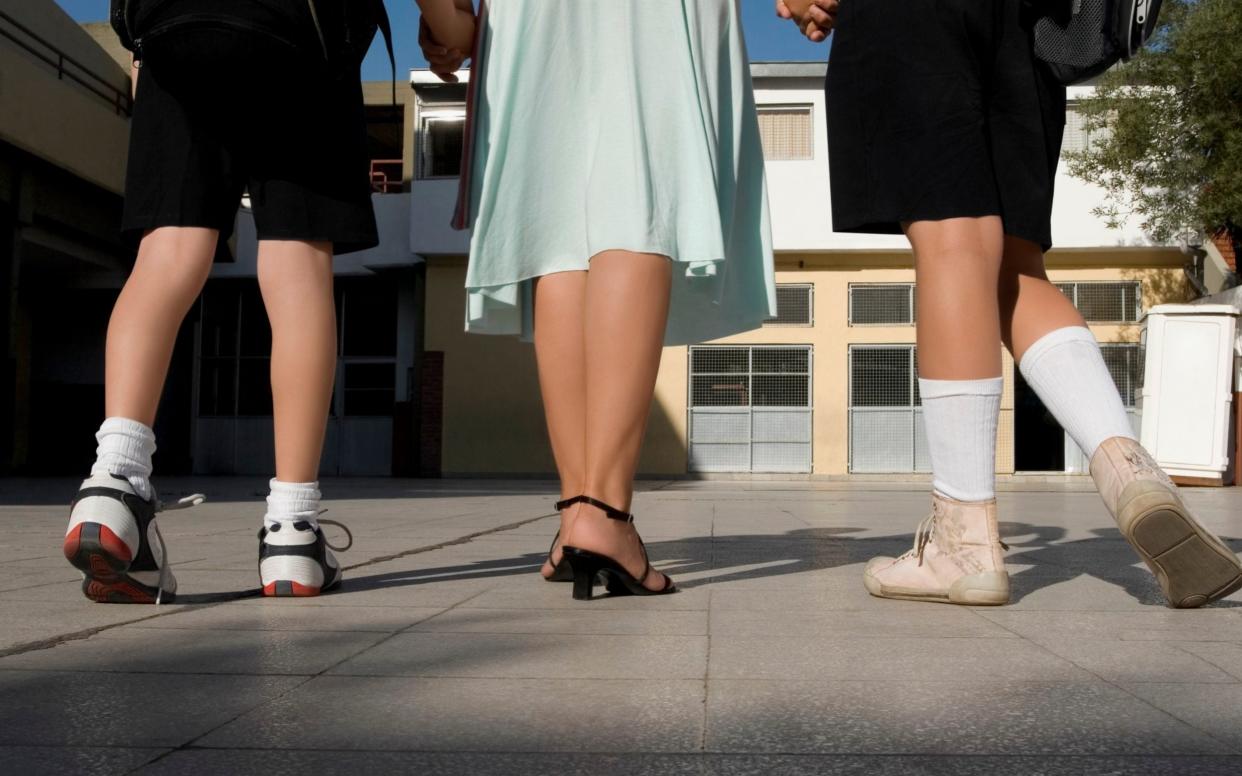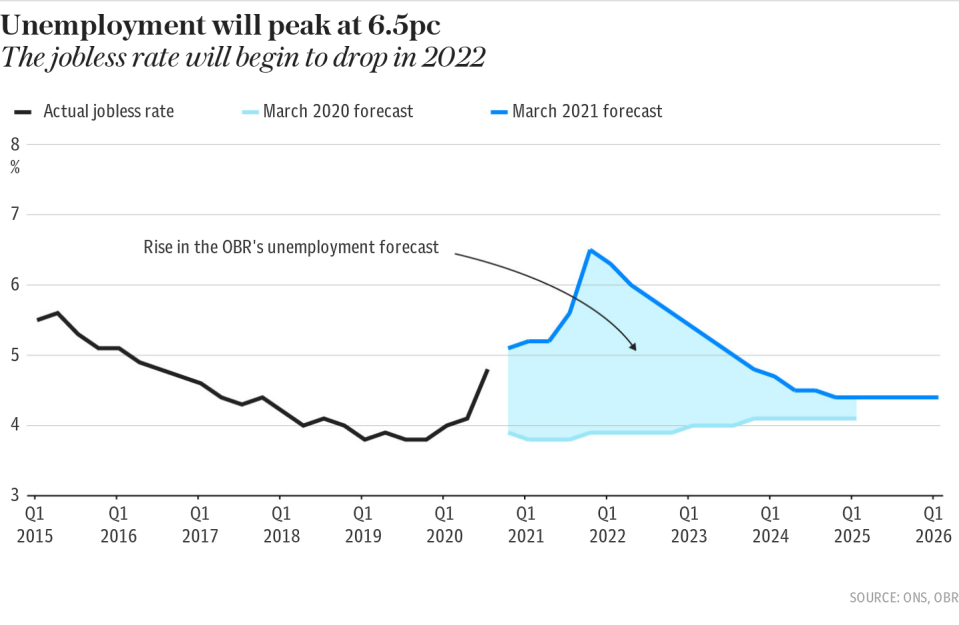Au revoir to au pairs: middle class families told to hire someone who lost their job in pandemic

It looks like it is “au revoir” to au pairs: middle class families have been told by the Government to hire someone who has lost their job due to the pandemic rather than a foreign student on £100 a week to help with the childcare.
Around 45,000 British families a year have previously relied on au pairs for affordable childcare, paying them around £100 a week to help at home.
However their future has been in doubt because of new Brexit rules which means they are categorised as “skilled workers” and must be paid thousands of pounds a month to be allowed to come to the UK.
And in comments which appear to slam the shutters down on future au pairs coming to the UK, Kevin Foster, Home Office minister, told parents that now the UK has left the EU there are other “childcare options available from within the resident labour market”.

He said: “While I recognise the importance of childcare for many people, immigration cannot be the first recourse for employers, especially at a time when many UK-based workers are facing uncertainty due to the economic impact of the global pandemic.
“There are many childcare options available from within the resident labour market which should be considered in the first instance.”
Au pairs have now been classed as “highly-skilled workers” by the Home Office under the new points-based immigration scheme which means they must earn a minimum of £20,480 a year to qualify for a visa and work in the UK.
Currently, most only get £100 a week “pocket money” – as well as free bed and board, plus a contribution towards language classes during their year-long stint.
The British Au Pair Agencies Association has complained that the new regime was not suitable for the au pair system, which was originally conceived as a cultural exchange programme for 18- to 26-year-olds.
On Saturday night Mr Foster confirmed that “the UK’s points-based immigration system will not offer a dedicated visa route for au pairs”.
But he added: “There are other immigration routes such as our Youth Mobility Scheme, which results in around 20,000 young people coming to experience life in the UK – we remain open to negotiating these arrangements with other countries but they must be reciprocal as the YMS is not simply a one way route to recruiting cheap labour overseas.
“Those who have employed an au pair can either look to offer a package which makes it attractive to those arriving in the UK with general rights to work or use the wide range of childcare options in the UK relied upon by most families.”
One option is for the Home Office to reinstate the au pair visa that was scrapped in 2008 because it had essentially been made redundant by EU free movement rules, the Financial Times reported last month.
On Saturday night Justine Roberts, the chief executive of Mumsnet, called for the Government to show some leniency, telling The Telegraph: "Au pairs provide an affordable childcare solution for some families as well as engendering other benefits like language and cultural exchange.
"At a time when the cost of childcare is a major barrier to maternal employment it seems reckless for the Government to throw the whole system under a bus."

